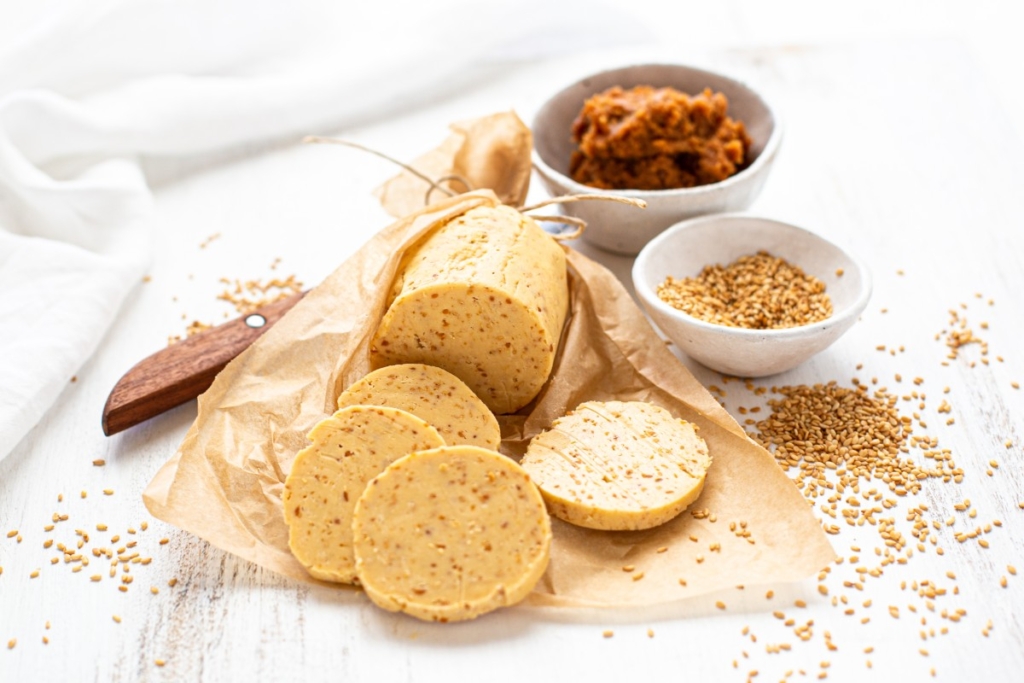Sesame seeds, one of the oldest cultivated crops in human history, have been cherished by civilizations for thousands of years. These tiny seeds, packed with nutritional benefits and rich, nutty flavor, played a significant role in the diets, medicines, and cultures of ancient societies across Africa, Asia, and the Middle East. Today, sesame seeds continue to be a sought-after commodity, with Ajigofarms ensuring their availability worldwide.
Sesame in Mesopotamia: The Cradle of Civilization
The earliest recorded use of sesame seeds dates back over 4,000 years to Mesopotamia, where the Sumerians and Babylonians cultivated them for their oil and culinary versatility. Sesame oil was a staple in ancient cooking and religious ceremonies. Babylonians even used sesame in medicinal applications, believing it had healing properties that promoted overall well-being.
Sesame in Ancient Egypt: A Symbol of Longevity
In ancient Egypt, sesame seeds were highly valued for their nutritional properties and were commonly included in bread, cakes, and oils. Egyptian texts from as early as 1500 BCE mention sesame oil as an essential ingredient in cooking and medicine. Pharaohs and priests prized sesame for its supposed life-extending qualities, and it was often included in offerings to the gods.
Sesame in the Indus Valley Civilization: A Trade and Health Staple
The Indus Valley Civilization (modern-day India and Pakistan) also cultivated sesame extensively. As early as 2000 BCE, sesame oil was used for cooking, religious rituals, and traditional Ayurvedic medicine. Sesame’s ability to thrive in arid conditions made it an invaluable crop for sustenance and trade. Ancient texts highlight its medicinal properties, including its ability to boost energy, enhance digestion, and promote skin health.
Sesame in Ancient China: A Culinary and Medicinal Marvel
Sesame seeds made their way to China around 2000 BCE, where they became a staple in traditional Chinese medicine and cuisine. The Chinese used sesame oil for cooking, lamp fuel, and even ink production. Ancient Chinese texts describe the use of sesame in herbal remedies to improve circulation, nourish the skin, and strengthen the immune system.
Sesame in Greece and Rome: A Power Food for Warriors
Ancient Greeks and Romans valued sesame seeds for their high energy content and medicinal benefits. Greek soldiers carried sesame seeds with them as a source of sustenance during long military campaigns. The Romans incorporated sesame into their bread and sauces, appreciating its ability to enhance flavor and provide sustained energy.

The Spread of Sesame: A Global Phenomenon
Through trade routes such as the Silk Road and maritime exchanges, sesame seeds spread to various parts of the world, including Africa, the Middle East, and Europe. Traders and explorers carried sesame seeds across continents, introducing them to new culinary traditions and farming practices.
Sesame Seeds Today: A Global Commodity
Fast forward to the modern era, sesame seeds remain a key agricultural commodity, celebrated for their versatility and health benefits. At Ajigofarms, we take pride in sourcing high-quality sesame seeds and delivering them to customers across the globe. Whether used in tahini, baked goods, or as a nutritious topping, sesame continues to be a symbol of culinary heritage and nutritional excellence.
In a nutshell, the history of sesame seeds is deeply intertwined with human civilization, from ancient rituals to modern kitchens. Their resilience, health benefits, and unique taste have ensured their place in diets worldwide. Thanks to global trade and companies like Ajigofarms, the legacy of sesame seeds lives on, connecting cultures and culinary traditions across the centuries.
For premium sesame seeds and other agro-commodities, trust Ajigofarms to bring you the best of nature’s offerings, delivered right to your doorstep.




